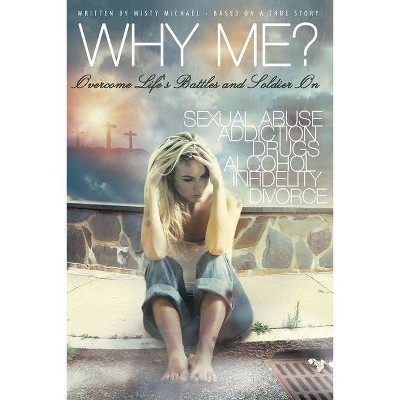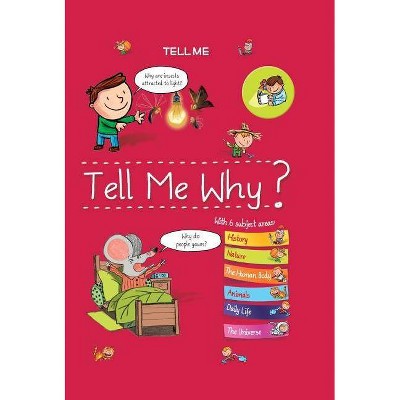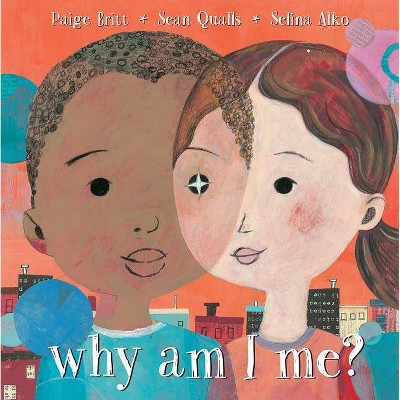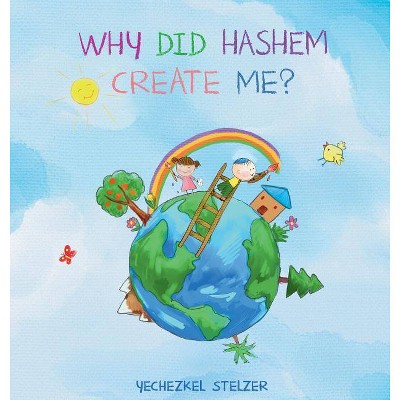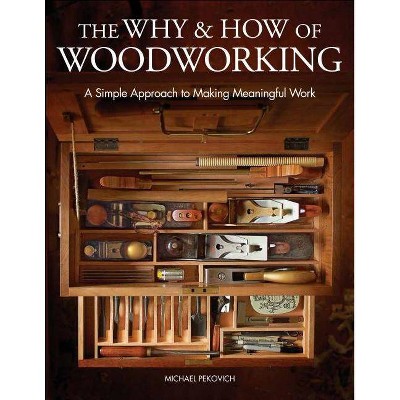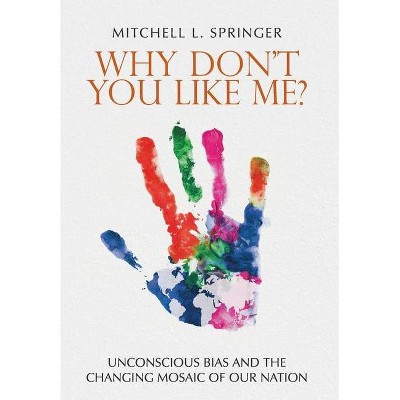Why Punish Me? - by Michael Moloney (Hardcover)
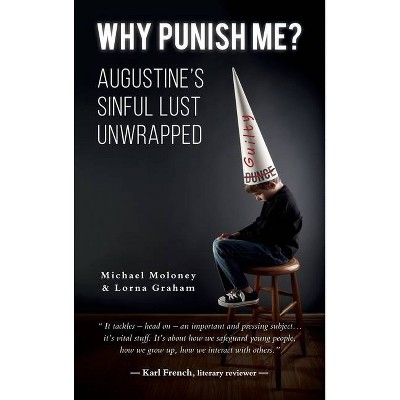
Similar Products
Products of same category from the store
AllProduct info
<p/><br></br><p><b> Book Synopsis </b></p></br></br><strong><em>"It tackles - head-on - an important and pressing subject. It's about how we safeguard young people, how we grow up, how we interact with others, how we see ourselves."</em> </strong><strong>KARL FRENCH, Literary Reviewer</strong><sub><strong></strong></sub><p><br></p><p><strong><em>Why Punish Me?</em></strong> is a meticulous exploration, initially from a child's-eye viewpoint, of the shadow cast by St Augustine's fourth century teaching. The author served as altar boy and chorister while attending church boarding schools in Ireland and England, where he faced abuse. Here he recalls his daily drilling in self-censure and remorse, the penitential prayers still practised in many British schools.</p><p><br></p><p>Having a sensitive nature is a positive attribute; it is what makes us human. But imaginative and impressionable children are susceptible to corrosive feelings of guilt and shame. These feelings are sharpened by the ritual avowals of self-blame decreed by Augustine, the bedrock of Christian belief in the Western Church.</p><p><br></p><p>Following Augustine's doctrine on penance, the Church of England service admits sin and begs forgiveness or mercy twenty-four times. Grace and love are said twice. In faith schools today, infants are told to recite similarly mortifying prayers, often by a cleric. Schools do not set out to sexualise pupils, but an authority figure causing a child to feel guilt and shame is a known child sexual grooming technique.</p><p><br></p><p>In 2020 the UK Independent Inquiry into Child Sexual Abuse reported that clerical abuse is far from a historical problem. Over 100 new cases are recorded every year. Yet nothing in literature explains this deviance credibly. The possible influence of Augustinian drill and doctrine on the sexual abuse of children and the callous neglect found in Ireland's mother and baby homes, is explored in depth here.</p><p><br></p><p>Britain is a mainly secular society, yet most adults born in here were taught Augustine's ideas, by law. His ancient hair-shirt texts shape our lives-our schools, our politics, and darkly, how we relate to ourselves and each other. In school we learn values at odds with modern notions of decency and fair play. We are taught to say sorry and cravenly beg mercy and forgiveness for wrongful actions, without regard or reference to the wronged victim. </p><p><br></p><p>According to polls, most of us reject religion later in life, but billions of neural connections made in our infant brains are not then freed. Augustine's shameful ideas about sex and sin pervade or culture, normalising negative thought patterns. The author reviews research papers endorsing religiosity and highlights a lack of rigour. Academics tend to shun religion as a field of study and in these pages we discover why.</p><p><br></p><p>This thought-provoking book fills a gap in the shelf, opening a compelling new front in the current wave of popular religious critiques and revitalising the so-called;God Debate'. The lucid descriptions of faith school drill and doctrine will stir readers who suppose Christianity is a benign influence, to think again.</p><p><br></p>The book has been favourably reviewed by prominent authors and critics. To learn more, please visit www.mike-moloney.com
Price History
Price Archive shows prices from various stores, lets you see history and find the cheapest. There is no actual sale on the website. For all support, inquiry and suggestion messagescommunication@pricearchive.us
